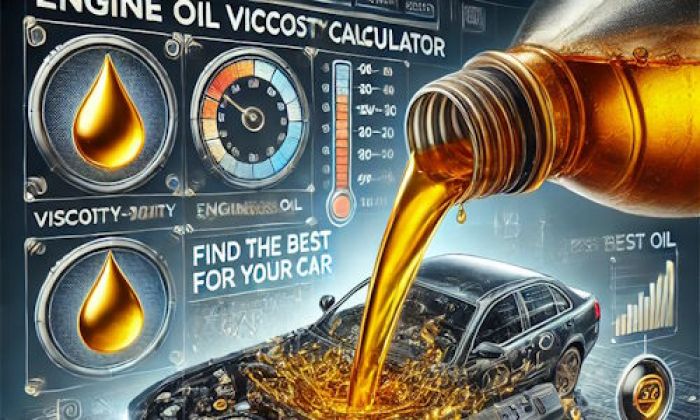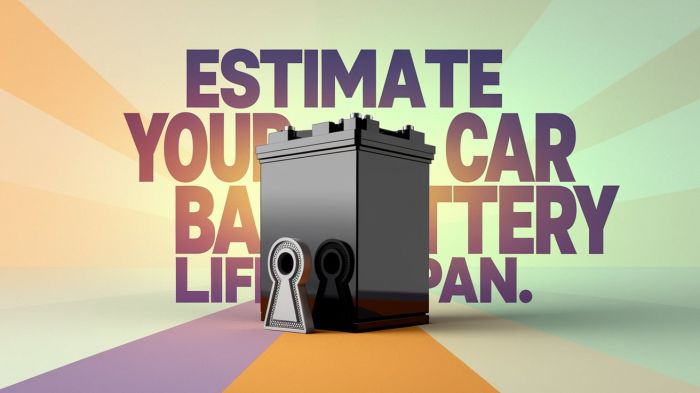Volkswagen cars are still very popular in America, even though they lost a lot of their market after the so-called "Dieselgate". People love them for being practical and relatively inexpensive vehicles with a lot of advantages. For example, they are fuel-efficient, safe to drive, and comfortable, and they all have a lot of great equipment onboard.
7-speed DSG transmissions highlights
- Average lifespan:110,000-130,000 miles
- Reliability Score:Low
- Prone to minor issues:Yes
- Price for repair after failure:$1,500-$3,000
- Price for replacement:$5,000-$6,000
- Availability of parts:Good
- Common problems:clutch kit failure, control module problems, mechatronic issues.

DSG transmission in a Golf 7 - good or bad?
First, let's read some reviews and describe our own experience of using this transmission. It doesn't feel bad. The transmission shifts very quickly, and the car doesn't jerk much. But we would say it doesn't work as smoothly as we may want it to work. Also, these transmissions are pretty good in terms of fuel efficiency.
If you compare the gas mileage of a car equipped with the DSG7 transmission and then look at the mileage of a car with the same engine but a simple automatic transmission, you will see that the automatic transmission makes the vehicle burn 10-15% more fuel. That's a good difference, in the long run.
Also, we may say the following:
- the DSG transmission makes your car quite comfortable, it's a good choice for different ways to use your vehicle;
- also, this transmission saves some fuel, even compared to a manual gearbox, the DSG vehicle will use less gasoline;
- this is basically the manual transmission, so we can presume that most parts of this unit are reliable;
- not much maintenance is needed - the unit only needs an oil change every 50K miles or something like that;
- shifting is quick and smooth, so you feel sporty when you drive a car equipped with the DSG7 transmission;
- the construction of the shifting part of the transmission is not simple at all, and this may cause troubles with the unit.
So, you can see that most of the points are positive. Yes, this transmission is economical, smooth, and cool to use. But when we touch on the reliability question, everything stops seeming so cool and wonderful. Volkswagen transmission has always been known to last forever, but not in this case.
The DSG7 is the only Volkswagen automatic transmission that we can't consider reliable and long-lasting. This is probably the main idea of all reviews, especially if owners have already driven their Golf MK7 for more than 100,000 miles. So, let's see what can go wrong with this unit.
Some construction features you may need to know
This is a classic dual-clutch transmission that has two sets of the clutch which are dry. There is another DSG transmission (the 6-speed one) with a wet clutch and this construction is basically problem-free. But the dry-clutch transmission is not so good in terms of reliability.
The construction is set to withstand a low limit of torque. The most common way to kill this tender dual-clutch transmission is to tune your engine to give more torque. But even with the initial torque, this transmission can suffer.
First of all, the clutch can die. Then, there is quite a problematic system that controls the robotic system that shifts gears. This system is full of sensors and electronic modules that can fail. Also, you will have a problem with the mechanism that shifts gears. Well, you will not have problems with the gearbox which is just a simple manual gearbox. But all other units will cause problems.
What are the main problems with the DSG7 transmission in a Golf?
This transmission has a big range of problems and some of them are pretty hard to solve. It's something like PowerShift transmission in Ford - it even has the same construction at some points. But PowerShift is a little more durable and reliable.
The DSG transmission in a Golf 7 will not survive long and you will have to go to a repair shop numerous times to make it work. This is one of the worst things you will experience with your relatively reliable and practical Golf. Why didn't they just use a simple automatic transmission in these cars?
So, here are some of the common problems:
- Reverse problems. You may hear a grinding sound when you select Reverse gear. This means the gear shifting mechanism is about to die.
- Some gears don't engage. You may see or feel that your vehicle gets stuck in a certain gear. For example, it can just stop shifting after it comes to the 5th gear. Something is wrong with the control module.
- Control module failure. If the TCM fails, you can't drive your vehicle anymore. Well, you can, but you will not like the way it goes. Replacing is not cheap at all.
- Clutch failure. Unfortunately, the clutch may fail at 30,000 miles or it can be OK up to 100,000 miles. Replacement of the clutch is incredibly expensive.
- Different fault codes on the dashboard. You can see numerous fault codes on the dashboard because the TCM is dead or something is wrong with the clutch. The codes will not always help you locate the problem.
- No reverse gear. Very often, the reverse gear doesn't engage. This may mean a problem with the selector system or TCM. The repair is always very expensive.
- Jerking during shifting. Your Golf may start jerking when it shifts. Very often, it means that the clutch is going to die, but the problems can be of different nature.
Well, we can continue. Unfortunately, the 7-speed DSG transmission is not reliable at all. It has two parts - the gearbox and the shifting robotic part. The gearbox is good, but all other parts keep failing and getting on your nerves.
Volkswagen claimed many times that the engineers did everything they could to make this transmission more durable. But owners keep saying that they have a lot of problems with these transmissions of all years and types. This means you should be ready for problems and know how to deal with them.
How long will the Golf DSG transmission go?
We predict that the longevity of this gearbox is about 90,000 miles. After that, anything can happen. We should say that many people have experienced problems with their DSG transmissions earlier than that. We've seen reports saying that at 30,000 miles or 40,000 miles this transmission can fail badly.
What's the price of repair for the DSG transmission in a Golf?
Your Golf MK7 may be a very practical car that is inexpensive to own. But it can also be a big problem, especially with the DSG7 transmission. And we should also say that the small TSI engines (mainly, the 1.4 one) are not reliable, too. The worst combination is the 1.4 TSI engine with the DSG7 transmission - this is a completely unreliable couple of units.
But the cost of repair depends much on what happened with your transmission. In most cases, it's needed to take the transmission off the car and then change some parts in it. The labor will cost a lot, in this case. Also, the Volkswagen original parts are extremely expensive. The bad news - you will not be able to buy any aftermarket parts, even the clutch should only be OEM.
For making it clear, let's make an example. If you have the most common problem with these transmissions - the clutch problem, you will spend about $1,500 for clutch replacement. It's actually the same as in many other dual-clutch transmissions.
In all other cases, the repair will not be as expensive as you may think. The TCM module can be repaired. But once it starts malfunctioning, we would still replace it with a new one. And this also can be a costly repair.
Final words
The Volkswagen transmissions are often very long-lasting and reliable. But this has nothing to do with the DSG7 transmission that American buyers will often find in the Golf MK7. If you are about to buy a used car with mileage over 100,000 miles and with a DSG transmission, think twice. You may just throw away some money with the same results.
This transmission is not only known for poor reliability. It's very expensive to maintain and service. If you need to repair it, you will have to pay a lot of money. And yes, you will need to repair it if it's a high-mileage DSG7 transmission. That's why buying a good Golf 7 with a dual-clutch transmission is a real challenge.
About the authors
The CarAraC research team is composed of seasoned auto mechanics and automotive industry professionals, including individuals with advanced degrees and certifications in their field. Our team members boast prestigious credentials, reflecting their extensive knowledge and skills. These qualifications include: IMI: Institute of the Motor Industry, ASE-Certified Master Automobile Technicians; Coventry University, Graduate of MA in Automotive Journalism; Politecnico di Torino, Italy, MS Automotive Engineering; Ss. Cyril and Methodius University in Skopje, Mechanical University in Skopje; TOC Automotive College; DHA Suffa University, Department of Mechanical Engineering






Add comment